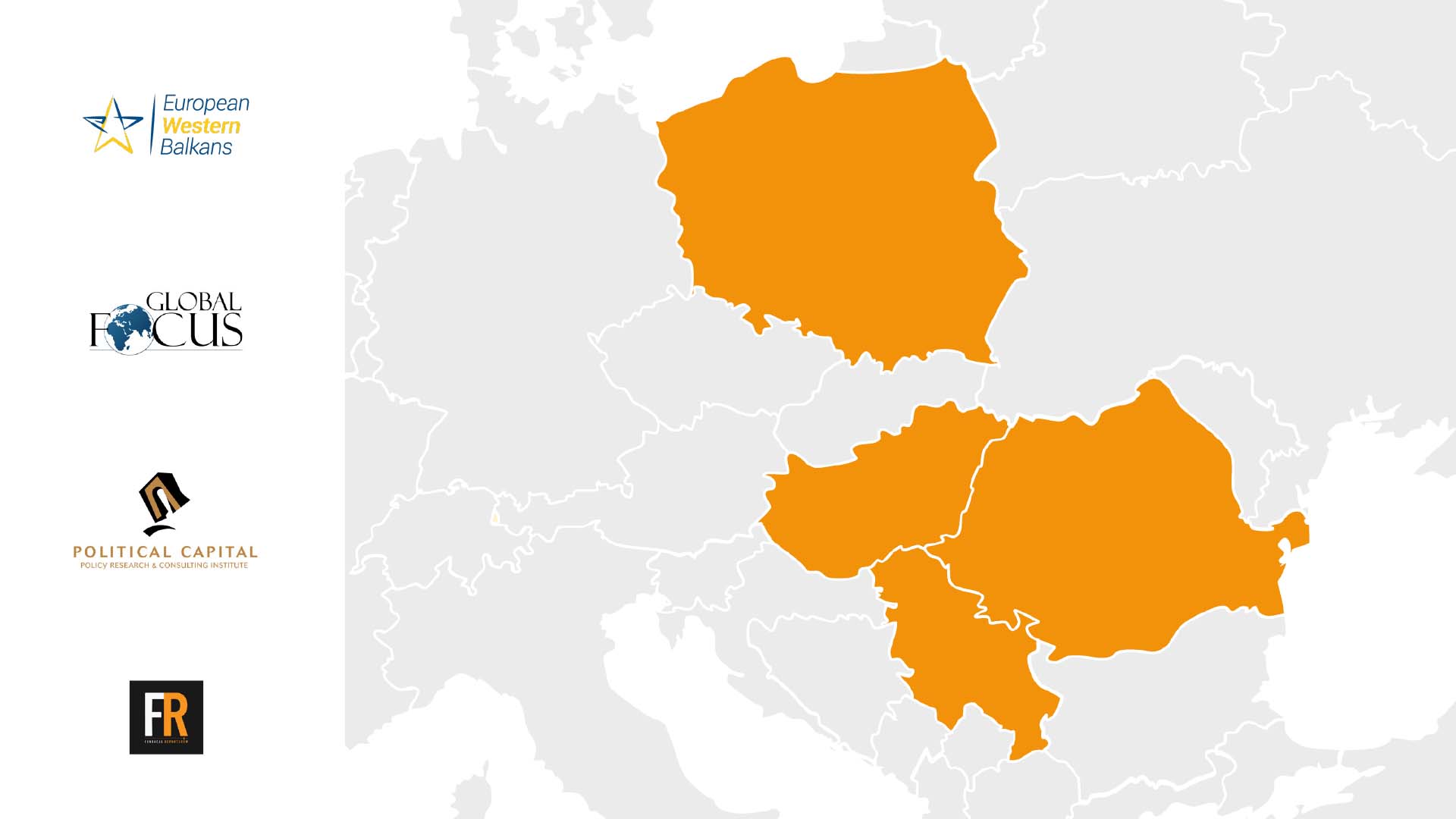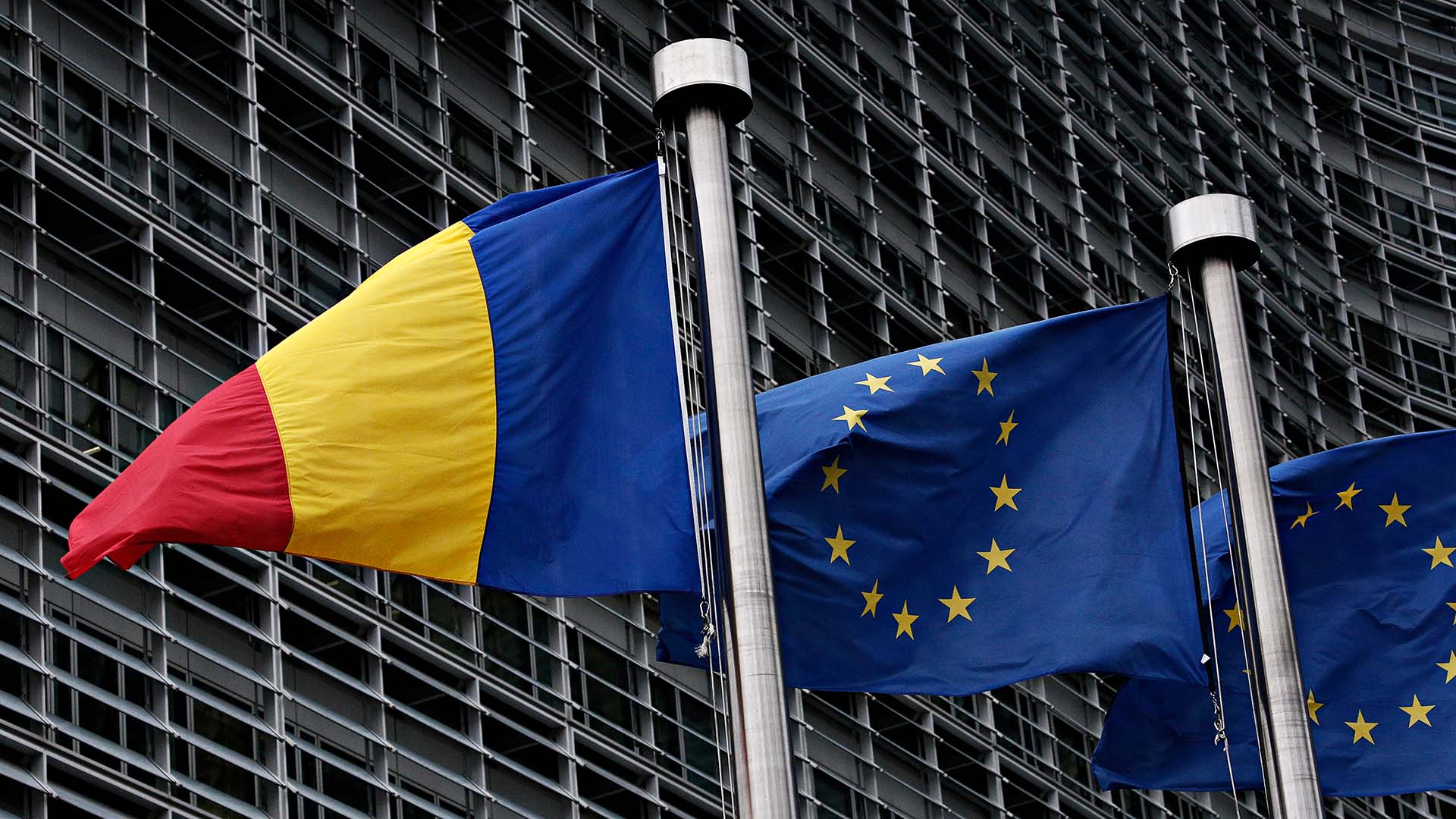When speaking of territorial revisionism, the situation is unique in each country. This is partly due to the different frontier grievances held by nationalists and far-right groups but also due to the variable degree of compatibility between these grievances and Russian interests and propaganda.
Still, nationalist discourse in each country had similarities even before the war started. In every country, nationalists have a dream of Great(er) Serbia / Romania / Poland / Hungary and they feel they have been historically wronged and frustrated in achieving this dream.



